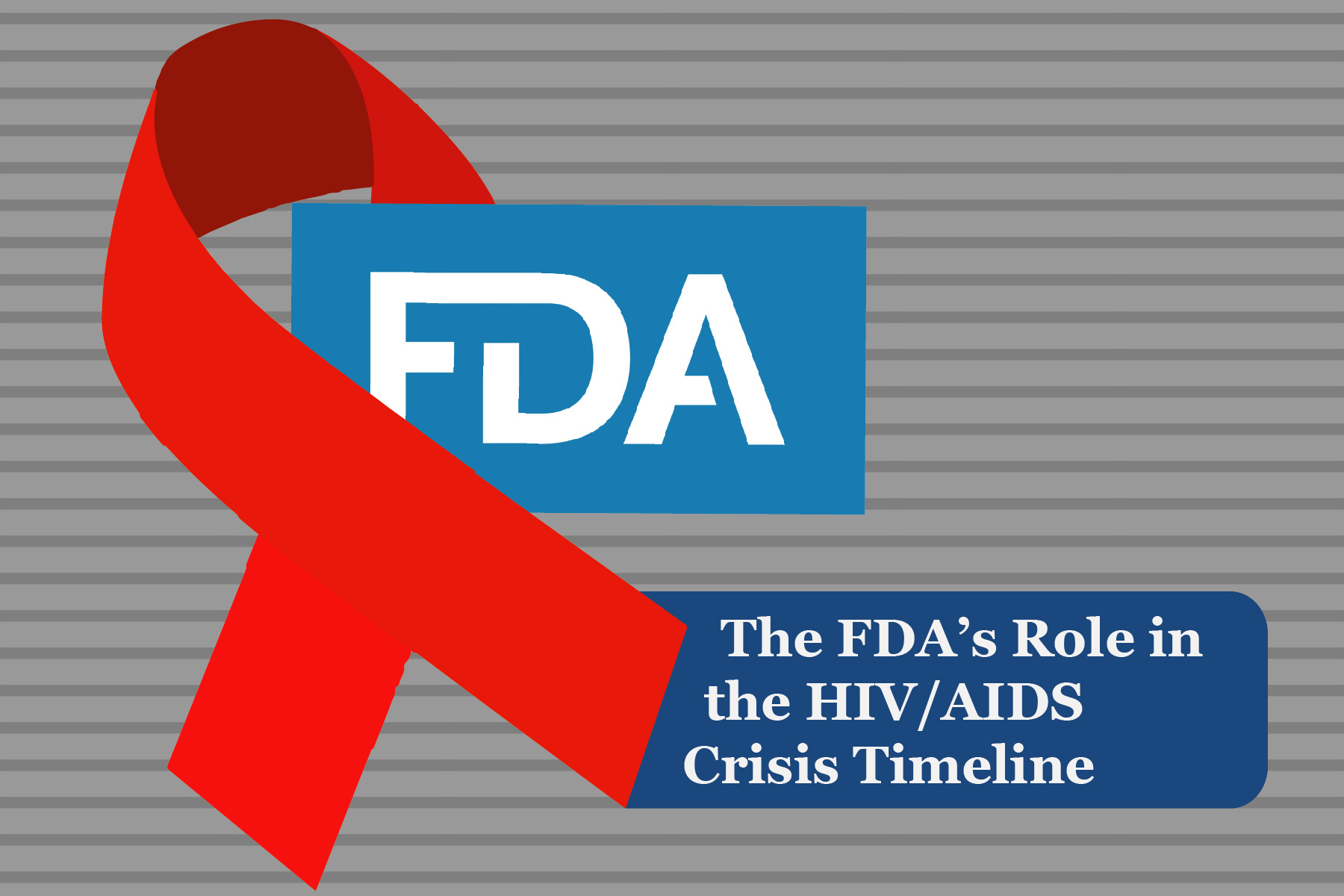December is HIV/AIDS Awareness Month, and given the state of our current global pandemic, now is a great time to look back on the victories and mistakes made in dealing with the HIV/AIDS crisis. The HIV/AIDS crisis was at the forefront of everyone’s minds when the issue began in the early 1980’s. It was new, no one knew exactly what caused it, how it was spread, how to prevent it, or how to treat it. The history of the HIV/AIDS crisis is a long, complicated, and at times ugly story that is beyond the scope of this blog. I will instead be focusing on the intersection of the FDA, private industries, and patients in dealing with this crisis. However, I implore you to do some of your own research on this topic to help raise awareness; there are excellent resources on the FDA’s website, the CDC’s website, and the WHO’s website.
To date, the FDA has approved 54 different treatment options for HIV/AIDS; these different treatments mean that a 20-year-old patient diagnosed with AIDS can have a life expectancy of 78 years old.1 This is huge when you consider that the life expectancy for the same patient 25 years ago was only 39 years old.2 The general timeline for the release of these treatment options will be familiar to anyone who has been following the COVID-19 pandemic: gather and disperse accurate information, create accurate testing, create treatment options, and refine those treatment options.
Each step in this timeline was encouraged or sped up by individual patients, the work of private industries, or individuals working at the FDA. A few examples worth highlighting include:
- The development of the AIDS Coalition to Unleash Power (ACTUP), an organization made up of citizens who strongly advocated for increased speed in releasing experimental new therapies for the treatment of AIDS.
- The release of AZT as the first treatment for AIDS by private pharmaceutical institutions.
- The founding of the Division of Antiviral Products (DAVP), an FDA division that was completely dedicated to reviewing applications for drugs to treat HIV/AIDS.
- The development of the President’s Emergency Plan for AIDS Relief (PEPFAR), which helped speed up the process for approving HIV/AIDS treatments at a federal level.
- The overall refinement of HIV/AIDS treatments by private organizations – all of which work toward making treatments more convenient, more effective, and more affordable.1
When the world is hit by a pandemic, finding a solution requires teamwork from people across many different fields. It does not matter what the pandemic is or which demographic it tends to target, the overall strategy is the same, and the importance of finding a treatment is the same. If your company is working toward solutions for the ongoing pandemics, whether that solution is geared toward accurate testing, prevention through vaccines, or treatments for patients already diagnosed, our regulatory experts at EMMA International can help ensure that you are complying with all relevant regulations. Contact us at 248-987-4497 or info@emmainternational.com for additional information.
1FDA. (2019, March 14). The History of FDA’s Role in Preventing the Spread of HIV/AIDS. Virtual Exhibits of FDA History. Retrieved November 30, 2020, from https://www.fda.gov/about-fda/virtual-exhibits-fda-history/history-fdas-role-preventing-spread-hivaids
2Scaccia, Annamarya. (2020, April 24). Facts About HIV: Life Expectancy and Long-Term Outlook. Healthline. Retrieved November 30, 2020, from https://www.healthline.com/health/hiv-aids/life-expectancy





